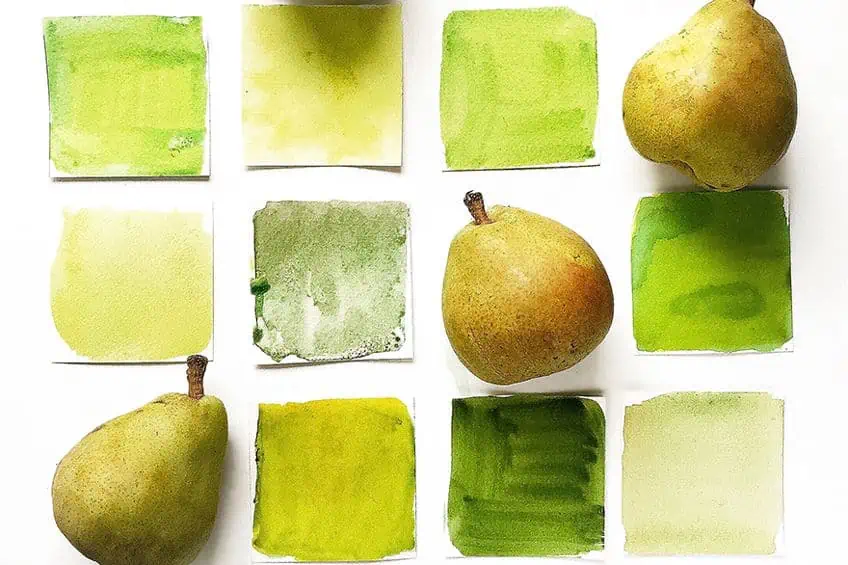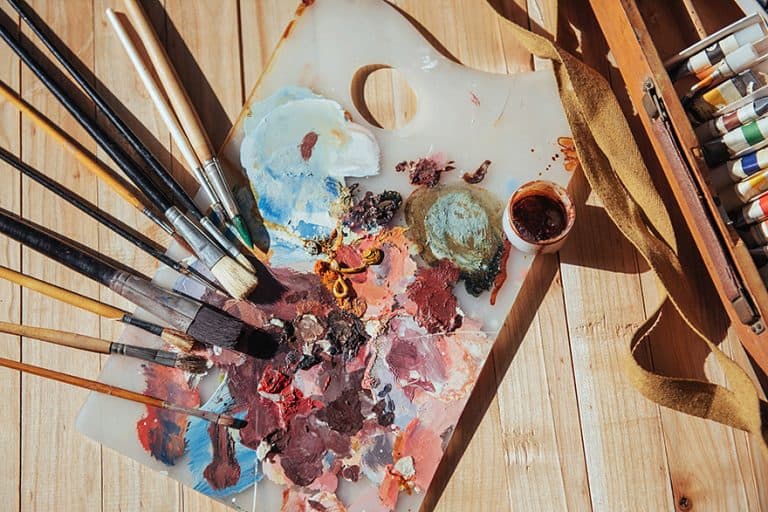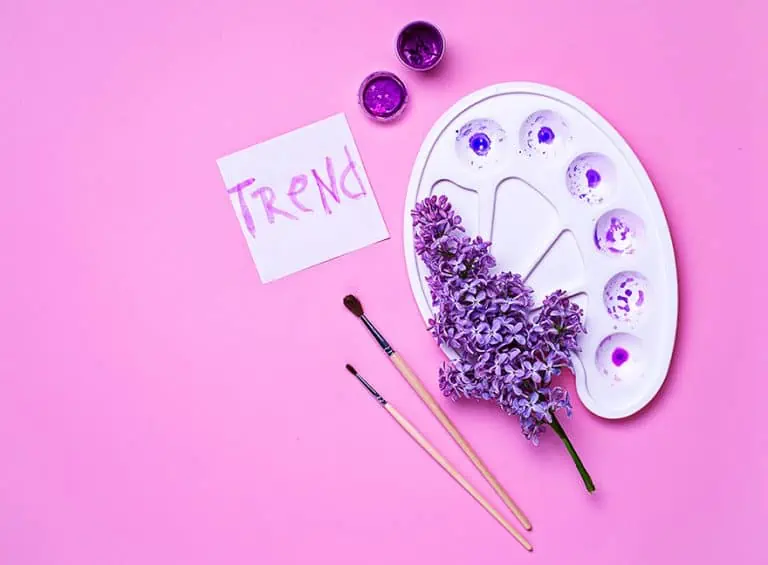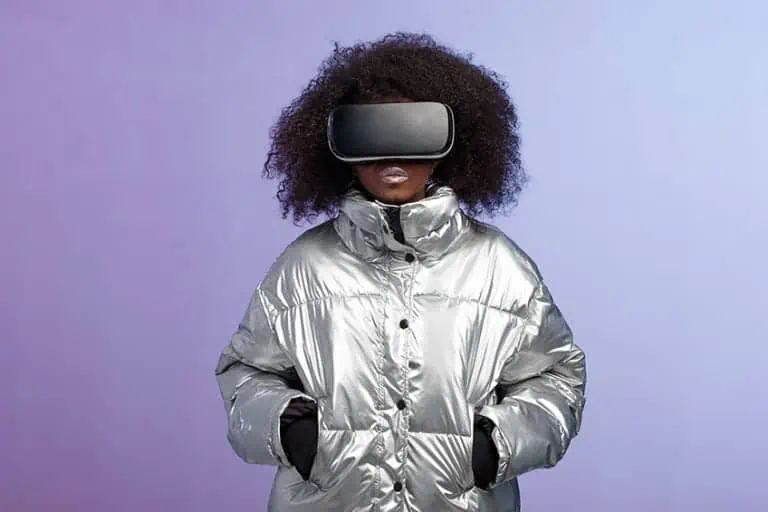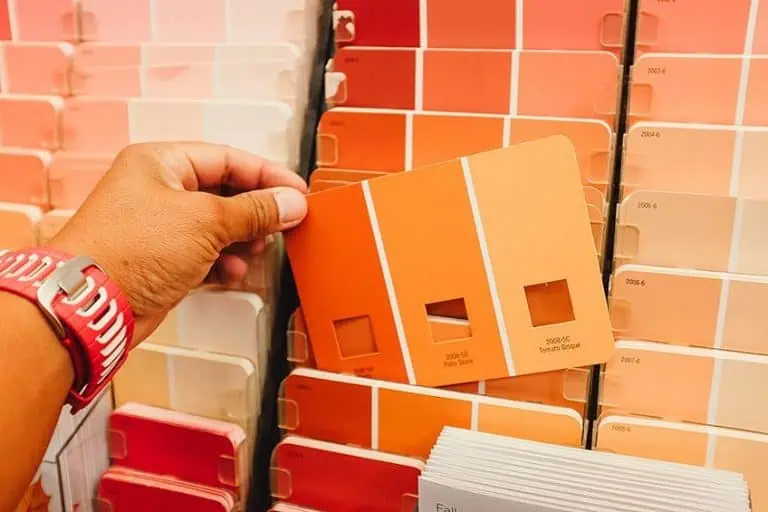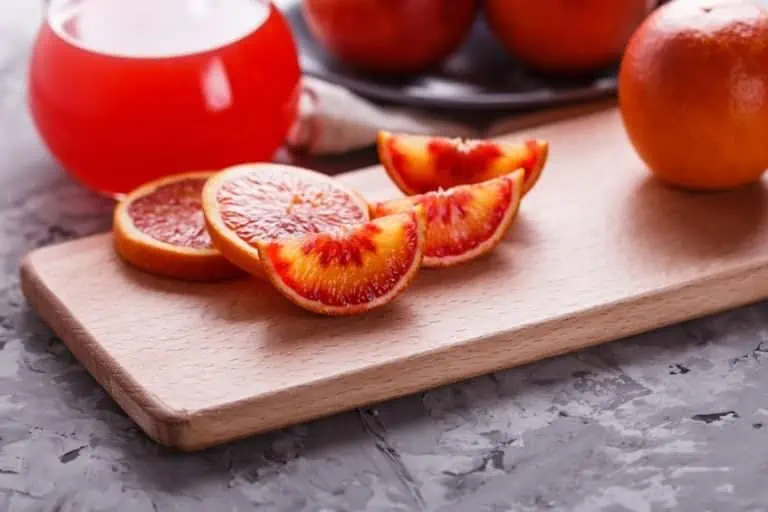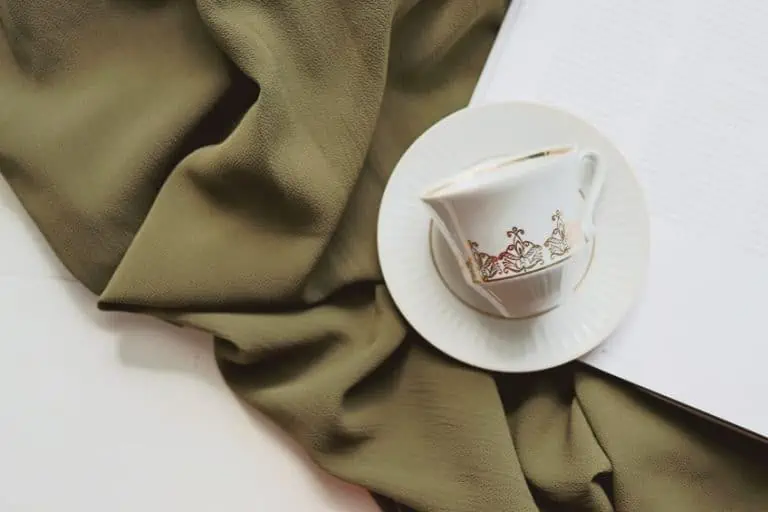Olive Green Color – Explore all Shades of Olive Green
This post may contain affiliate links. We may earn a small commission from purchases made through them, at no additional cost to you.
Some people like an olive green color, while others might not even consider it on their list of favorite shades. However, it has moved up the ranks and gained popularity over the years, especially online on platforms like Instagram and Pinterest. If you are still doubtful about an olive green palette, let us go into more detail about the various olive green shades.
Table of Contents
About Olive Green
When describing olive green, you can say that it is a deeper yellow-green, similar to that of the green olive fruit. The color can sometimes be seen as a type of brown; however, the color is actually between yellow and green when looking at the color wheel. So, it can be said to be a shade of green if you want to categorize it.
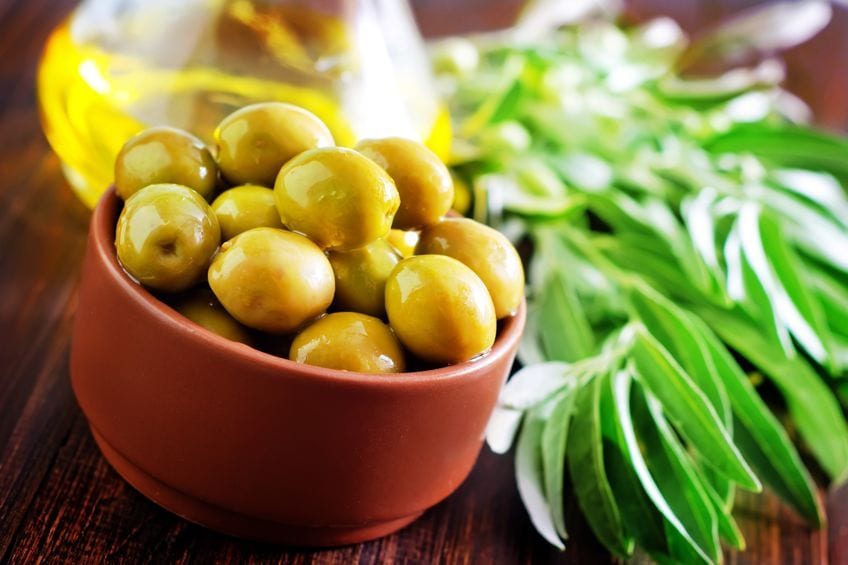
Olive Green: A Brief History
As mentioned, the color name comes from the olive fruit of the same color. The color name can be traced back to first being used during the mid-12th century. A variation of the olive green color has been used in the armed forces in many countries around the world. The natural color is perfect for blending into the background when necessary.
The specific color known as “olive drab” was the chosen color for American soldiers during the second world and Vietnam war.
A few years later the color was replaced in favor of another camouflage pattern. However, other countries like Austria, Cuba, and Israel amongst others still wear the “olive drab”. The color “olive” has also been used when referring to a skin tone that has a slight yellow undertone.
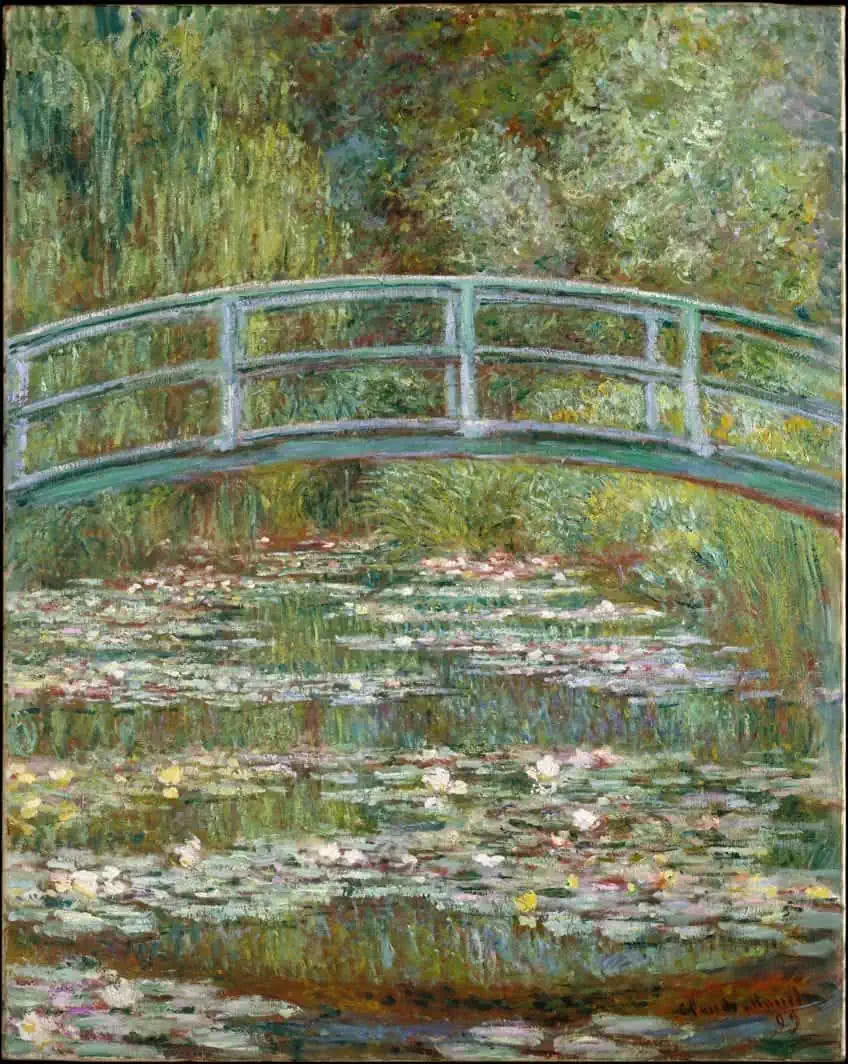 Bridge over a Pond of Water Lilies (1899) by Claude Monet; Claude Monet, CC0, via Wikimedia Commons
Bridge over a Pond of Water Lilies (1899) by Claude Monet; Claude Monet, CC0, via Wikimedia Commons
Olive green shades along with all kinds and shades of green have been used in painting art for many years. For example, Thomas Wilmer Dewing explores a range of green shades in his painting Symphony in Green and Gold (1912). Another example includes Claude Monet’s Bridge over a Pond of Water Lilies (1899).
The Symbolism of Olive Green
In general, the meaning of green is associated with life, renewal, nature, growth, and rebirth. Although it retains all the associations of green, olive green has its own symbolism and can be associated with wisdom, hope, harmony, compassion. The color is also associated with sophistication, which is why you can find luxury items in various olive shades.
Since an olive branch is associated with peace, so is the color.
Shades of Olive Green
Color is so diverse, so as with all colors, olive green also has a variety of olive green shades. When dealing with computer graphics, you can find the specific olive green you are looking for by looking up a hex code. You can also find the percentage of color used for both online graphics and printing purposes. These are your red, green, and blue (RGB) and cyan, magenta, yellow and black (CMYK) color codes. Below you can find a few different olive green shades with all this information included.
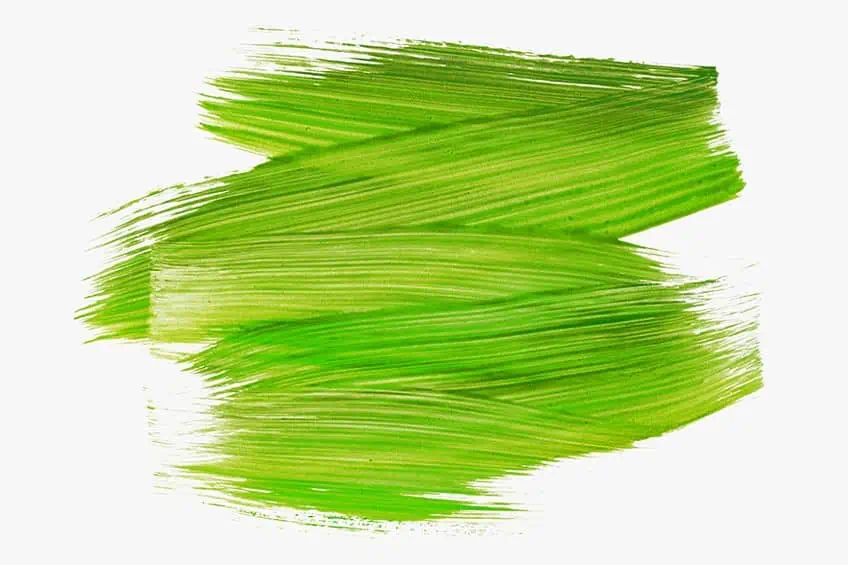
Olive Green
This is a popular graphic olive green, which represents a darker yellow-green. Quite a bold color, it works well with other colors like blue as well as other browns and greens, which will make an analogous color palette.
Olive green is the most common and traditional of the shades we are going to cover here.
| Olive Green Shade | Color Hex Code | CMYK Color Code | RGB Color Code | Olive Green Color |
| Olive Green | #808000 | 0, 0, 100, 50 | 128, 128, 0 |
Dark Olive Green
This is simply a darker version of your olive green and can be compared to the skin of an unripe olive. You can pair the dark olive green with shades of yellow and red. You can also pair it with more neutral colors like white, beige, or black.
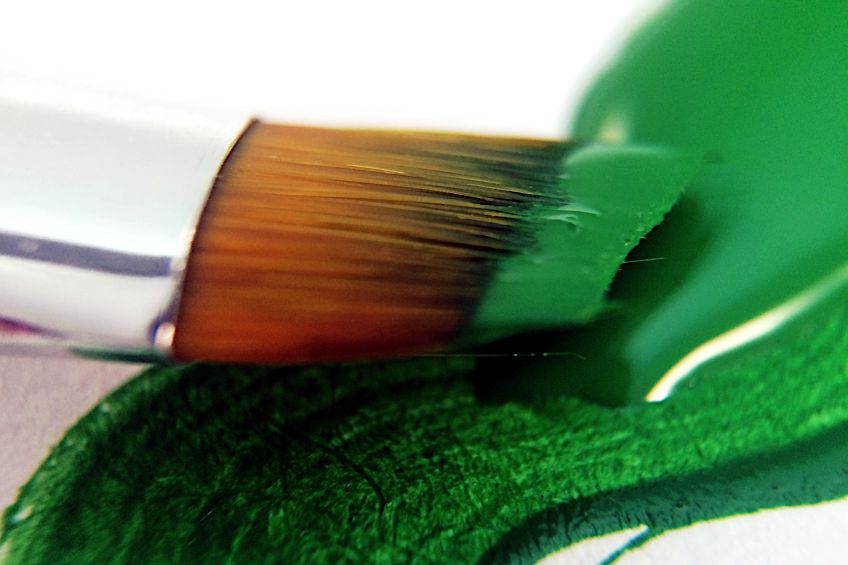
| Olive Green Shade | Color Hex Code | CMYK Color Code | RGB Color Code | Olive Green Color |
| Dark Olive Green | #556b2f | 21, 0, 56, 58 | 85, 107, 47 |
Drab Green
This is the color that was and is still used by some countries for their military uniforms. The name was first used in the late 18th century and was referred to as a dull light brown, which became “olive drab”.
The term “drab” is an older name that comes from the mid-16th century and came from the homespun wool used that was a light brown color.
| Olive Green Shade | Color Hex Code | CMYK Color Code | RGB Color Code | Olive Green Color |
| Drab Green | #6b8e23 | 25, 0, 75, 44 | 107, 142, 35 |
Light Olive Green Color
This is a more desaturated yellow color, and it pairs well with natural colors like beige as well as maroon and tan. Being a softer olive green color, it can be used easily in a natural color palette in most rooms.
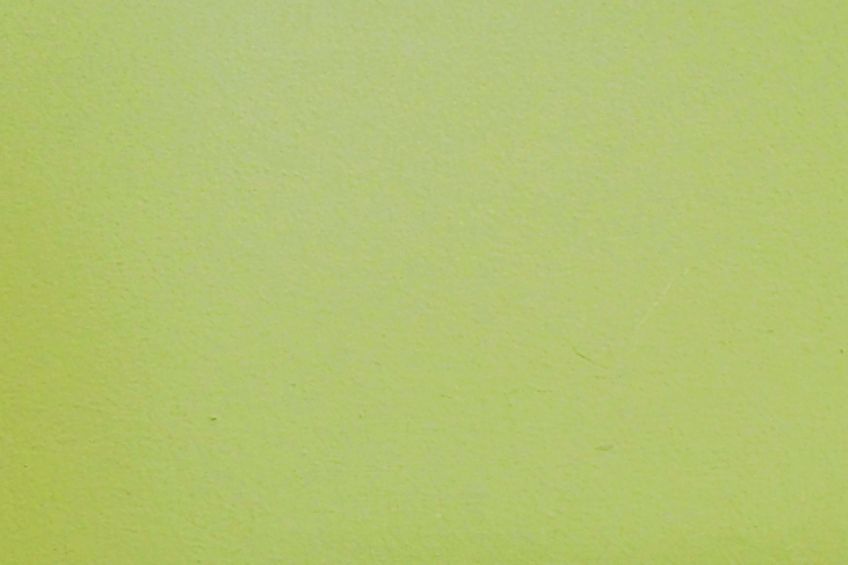
| Olive Green Shade | Color Hex Code | CMYK Color Code | RGB Color Code | Olive Green Color |
| Light Olive Green | #bab86c | 0, 1, 42, 27 | 186, 184, 108 |
Black Olive Green
This is a darker grayish-yellow and is the color of what is known as a “black olive” also known as Kalamata olives. The color looks very similar to dark gray.
This is why you should be careful when pairing the color as it does have a yellowish undertone.
| Olive Green Shade | Color Hex Code | CMYK Color Code | RGB Color Code | Olive Green Color |
| Black Olive Green | #3b3c36 | 2, 0, 10, 76 | 23, 23, 21 |
How to Make Olive Color Paint
When using a color wheel, you will notice that olive green lies somewhere between your green and yellow shades. To make olive green paint, you must first mix a base green color by adding one part blue to three parts yellow. You can then include a tiny amount of red to create a deeper olive green.
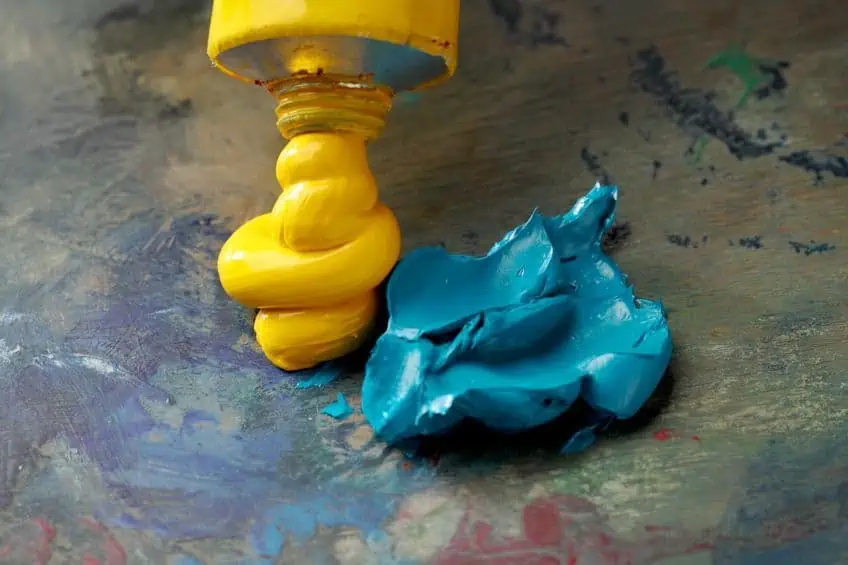
Only a small amount of red should be added, as too much and you will land with more of a brown color. Otherwise, you can leave the red and simply keep on adding yellow until you get the color you want. Instead of using all three primary colors, you can also mix green and yellow paint. When doing this, you need to use more yellow than green.
You can also try combining yellow and black in different ratios to get various shades of green.
Olive Green in Design
To make olive green stand out, you can use olive green color combinations that include reds and violets. You can also combine it with cooler colors like navy, or all shades of blue and softer grays. What colors go with olive green? Colors that work great with olive green include tan, beige, maroon, and purple. White is also a good color to pair with olive green and can bring about a calmer and more relaxed environment in the home.

Olive Green and Fashion Design
Olive green, khaki, or military green, these colors have been around for many years. As mentioned, the color was first used in military clothing because it is a natural camouflaging color. Since then, it has been featured in general clothing items and accessories. Olive green works best for outdoor and casual wear, seen in your cargo pants colors, bomber jackets, sandals, shoes, hats, and other clothing items.
The color works great with most skin tones and can be layered with other colors like your off-white, shades of brown, maroon, coral pink, purple, and black.
Olive green can add a sense of sophistication to an outfit. Even though it is considered more of a warm color, it can be worn throughout the year including the spring and summer months. Since it goes well with blue, a great casual combination can be an olive green T-shirt with blue jeans. Try not to wear other shades of green with olive green as it could clash. Also, extremely bright colors will not pair with the olive green well. With all the different olive shades available, you should not have a problem finding the right match for you.

Olive Green and Interior Design
Olive shades have become quite popular over recent years as it is a versatile color that can be used to create amazing olive green palettes. One of the benefits of using olive green is that it can be utilized as a neutral color and can be used with many different colors. There are so many olive shades that can fit your requirements. For example, try a light olive green color for a bathroom and use it alongside brass fixtures for a more sophisticated look.
Darker olive green shades are said to be more elegant or classy and can create a modern backdrop to a room. Darker shades can also have more influence on how you see a room, however, using too much can make it feel dull and gloomy, specifically if there is not enough light entering the room.
Olive shades can also work in open-plan spaces, as long as the color palette you have chosen can translate into every area. You will need to choose colors that can go in the kitchen and can look just as good in the living area. Since olive green acts like a neutral, it can be a nice background color, however, it can also add a more refreshing and relaxing feel. An accent wall is another way you can use an olive green color, which can help to liven up an otherwise dull room and provide a nice focal point.
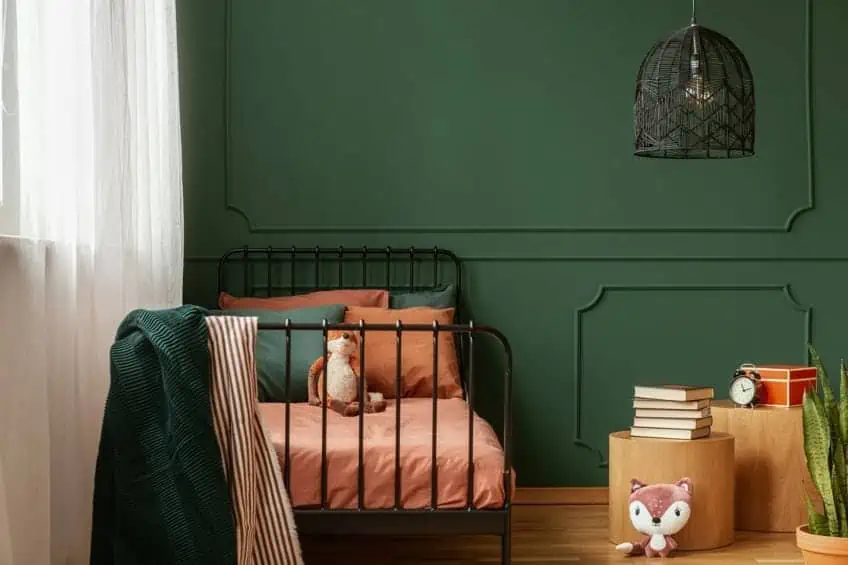
The olive color is not only for interior use, why not use it in an outdoor setting. Olive shades work great with rustic homes like cabins and farmhouses. Not only will it help to create a natural setting that blends into the surroundings, but olive green can also lens a certain sophistication as well. You might also consider only painting the ceiling for a more inventive way of using a paint color. Adding olive green can be as simple as adding a rug, wall décor, or drapes, which is easy to change if you get bored with the color. These simple changes can add a drastic change to any room, and you do not have to commit to a specific color as you would if you were painting a wall. Adding accessories is also cheaper and you can try out various shades.
Whether you are preparing to paint a masterpiece or designing a new home, olive green can be an excellent choice. The versatile hue can be used with a variety of colors to create different olive green color combinations. So, it is now up to you to go out and experiment with all the amazing olive green shades.
Take a look at our olive color webstory here!
Frequently Asked Questions
What Colors Go With Olive Green?
There are many olive green color combinations as it works well with most colors including your neutrals like white, gray, and beige. Olive colors also work well with shades of blue, purple, violet, and red colors.
How Can You Describe Olive Green?
The best way to describe an olive color is a shade of yellowish-green, similar to olive skin. However, many olive green shades are lighter and darker. For example, the olive drab color leans more towards a gray undertone.
What Is the Color Bias of Olive Green?
When considering the color temperature of warm or cold, olive green leans towards being warm. Olive green can be grouped with other warm green colors like khaki, lime, and pistachio. When painting, you can cool the olive color down by adding a little blue, which would then place it with other cool greens like emerald green or forest green.
Are Olive Shades Considered Neutral Colors?
Olive green is not purely neutral, however, it has the properties of neutral colors, providing an earthy and warm tone. All the neutrals work especially well with olive green, and you can easily use both darker and lighter colors as well.
Duncan graduated with a diploma in Film and TV production from CityVarsity in 2018, after which he continued pursuing film while taking on a keen interest in writing along the way. Since having graduated, he began working as a freelance videographer, filming a variety of music videos, fashion and short films, adverts, weddings and more. Throughout this, he’s won a number of awards from various film festivals that are both locally and internationally recognized. However, Duncan still enjoys writing articles in between his filming ventures, appreciating the peace and clarity that comes with it.
His articles focus primarily around helping up-and-coming artists explore the basics of certain colors, how these colors can be paired with other shades, as well as what colors are created when you mix one with another. All while relating these shades to historically significant paintings that have incorporated them into their color palette. As a lover of the arts himself, he takes great interest in the Renaissance era of paintings, an era that has directly inspired many of his favorite films.
Learn more about Duncan van der Merwe and about us.
